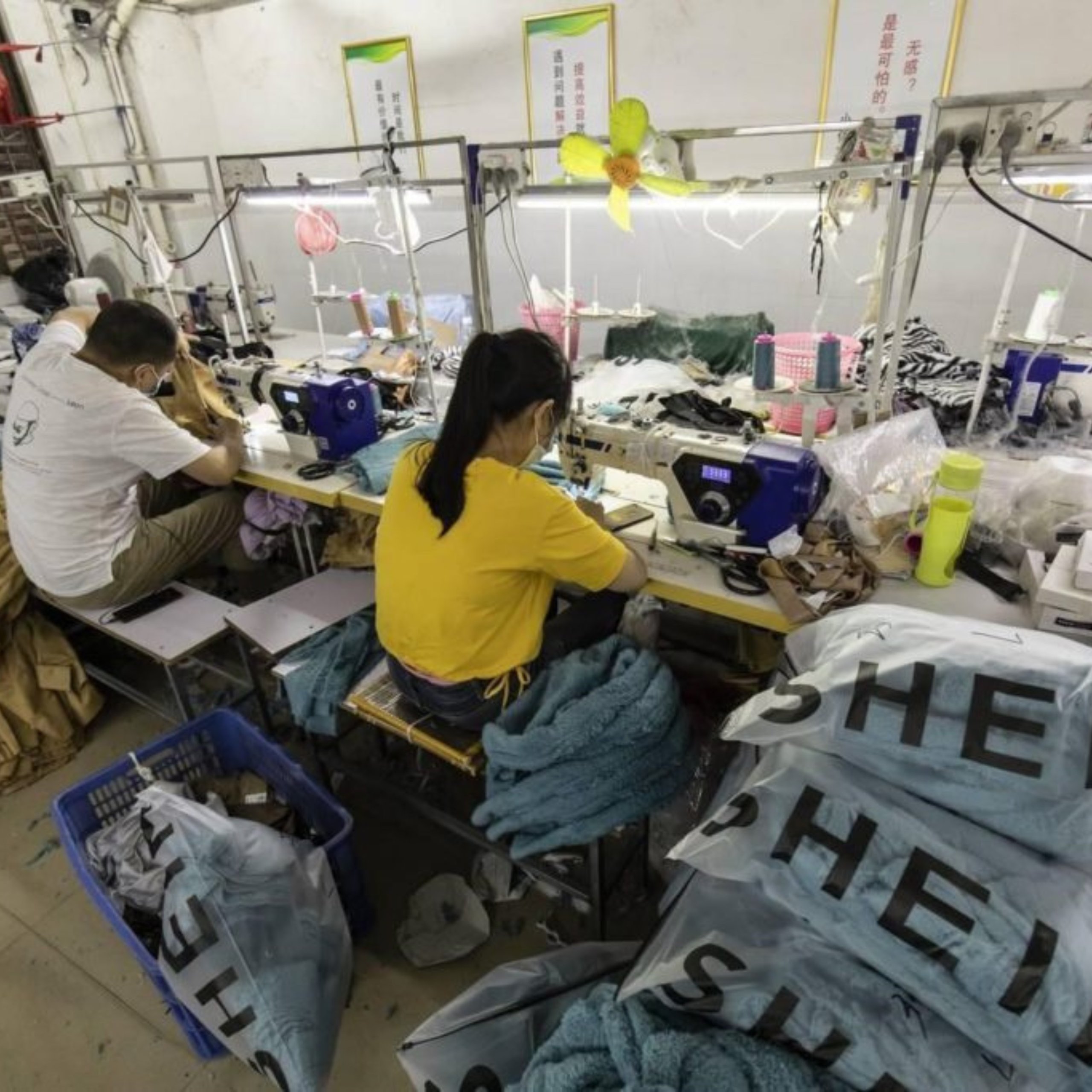Political unrest in Bangladesh is beginning to cost the nation. Global fast fashion brands like Spain’s Zara, Sweden’s H&M, and Japan’s Uniqlo are redirecting orders for Bangladesh to Cambodia or Indonesia.
Bangladesh’s retail clothing exports accounted for approximately 84% of Bangladesh’s total exports in the fiscal year 2020–21. Clothing exports made up nearly 18% of Bangladesh’s total GDP in 2021—a boom the nation has sustained since and heavily relies on. At the apex of student protests in Bangladesh, several factories were forced to temporarily shut down. Local news reported the torching of select factories owned by regime loyalists that supplied to global brands like Zara and H&M. Many Bangladeshi factories delayed deliveries of clothes and shoes for the winter retail season in Europe and North America as a result of the nationwide student protests.
Bangladesh’s supply set up has directly impacted global supply chains and brands that relied on timely shipments from the region. Mamun Rashid, an adviser to garment manufacturers in Bangladesh, received a call from Spanish and German clients informing him that “40% of orders” would be indefinitely diverted to Cambodia and Indonesia. Syed Nasim Manzur, managing director of Apex Footwear and president of Bangladesh’s leather goods and footwear exporter association, told the Financial Times that “large groups are saying they’ll reduce their sourcing by 30% for the next season” due to a loss in confidence in suppliers and the nation at large.
According to a research article conducted by the International Journal of Multicultural and Multireligious Understanding (IJMMU), Bangladesh is the world’s second-largest producer of fast fashion apparel. The IJMMU draws parallels between Bangladesh’s growing landfill crisis and its dependance on contributing to global fast fashion brands. Aside from the environmental impact, the use of “hazardous dyes and chemicals” has resulted in irreversible levels of water contamination in Bangladesh that severely impact public health.
Sudden factory closures have financially paralyzed Bangladesh’s working class. At present, an Apex facility in suburban Dhaka is running 12-hour shifts to compensate for a nine-day closure during the protests. Approximately 8,000 factory workers, the majority of whom are women, constitute elaborate factory lines in Bangladesh’s capital to cater to global demand from American boot brand Wolverine and France’s Decathlon. Syed Nasim Manzur stresses that “political stability is a prerequisite for economic growth. “The economy has lost a lot of momentum, which needs to be regained at the first opportunity,” he said.






